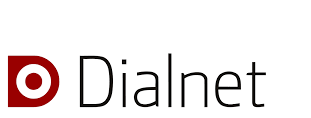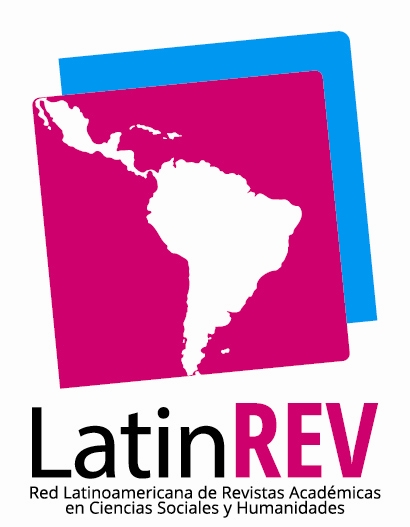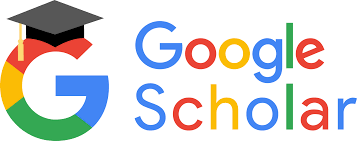Teaching Practice for Inclusive Education in the University Classroom: the Experience of Special Education and the Challenge of Student Dropout in First Year
Keywords:
university, constructivism, teaching, diversity, educational inclusionAbstract
Inclusive Education at university level in Argentina is legally recognized (University Education Law N°24.521); however, in this context, traditionally elitist and opposite to equalitarian tendencies (Chiroleu, A.,2009), this inclusion is only a declaration of principles which is far from a concrete practice. The present work accounts for an experience of the teaching team of the first-year, first-semester subject Special Education, of the Special Education Teaching Program at the National University of San Luis, which deals with the tension mentioned before. In this sense we attempt to focus on one of the problematic issues in the university in the first years, student dropout, considering the incorporation of a series of innovations, support and planning centered in holding a massive heterogeneous student group formed by workers, mothers, students who take the course for the second time and students who have just finished high school under different forms. Our work is based on socio-constructivism, inclusiveeducation and teaching for comprehension, from which diversified strategies are proposed in order to meet needs and levels of development which our students have.
Downloads
References
Chiroleu, A. (2009). Políticas públicas de inclusión en la educación superio. Los casos de Argentina y Brasil. Disponible enhttp://www.scielo.br/pdf/pp/v20n2/v20n2a10.pdf Consultado 12 de mayo de 2016.
De Vicenzi, A. y De Angeliz, P. (2008). La evaluación de los aprendizajes de los alumnos. Orientaciones para el diseño de instrumentos de evaluación. En Revista de Educación y Desarrollo; Universidad de Guadalajara; No. 8; abril-junio 2008.
Ezcurra, A. (2007). “Los estudiantes de nuevo ingreso: Democratización y responsabilidad de las instituciones universitaria”. Disponible en línea en http://www.prg.usp.br/wp-content/uploads/ana_maria_scurra_caderno_2.pdf Consultado 30 de mayo de 2016.
Giordano, M., Cometta, A., Guyot, V., Cerizola, N. & Bentolila, S. (1991). Enseñar y aprender Ciencias Naturales. Reflexión y Práctica en la escuela media. Buenos Aires: Troquel Educación.
Monereo, C. (coord.) (2010). Castelló Montserrat, Clariana; Mercè, Palma Montserrat, Perkins, David. El aprendizaje a pleno. Principios de la enseñanza para transformar la educación. Voces de la Educación. Buenos Aires: Paidos.
Pogré, P. y Lombardi, G.(2004). Escuelas que enseñan a pensar. Enseñanza para la Comprensión (EpC). Un marco teórico para la acción. Buenos Aires: Paper Editories.
Skliar, Carlos (2014). “La cuestión de las diferencias en educación: tensiones entre inclusión y alteridad”. En Revista de Investigaciones; Universidad Católica de Manizales; Vol 14, Edición 24. Septiembre 2014.
Susinos, T. y Parrilla, Á. (2013). “Investigación inclusiva en tiempos difíciles certezas provisionales y debates pendientes”. Revista Iberoamericana sobre Calidad, Eficacia y Cambio en Educación -Volumen 11, Número 2.
Zoe, M. (2014). “Problematizaciones semiótico-etnográficas para un análisis de género situado. ¿Qué nociones para qué análisis?” En: Miranda Medina, Carlos Federico; Pattaro, Fernanda; González María Nohemí (comp.); Género y Ciencias Sociales. Fronteras Flexibles y Fluidas. Colombia: Ediciones Universidad Simón Bolívar.
Downloads
Published
Issue
Section
ARK
License
Copyright (c) 2017 María Fernanda Pahud, María Soledad Martínez Ponce, Cristian Reveco Chilla, Sandra Paola Villagrán

This work is licensed under a Creative Commons Attribution 4.0 International License.






